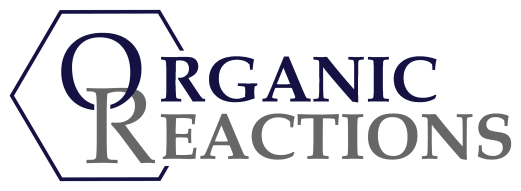Transition-metal-catalyzed α-Arylation of Enolates
Abstract
The aim of this chapter is to present an up-to-date overview of the transition-metal-catalyzed alpha-arylation of enolates and their derivatives. This chapter discusses the various efforts to develop highly efficient and selective tools for the catalyzed formation of carbon-carbon and carbon-heteroatom bonds. Among the latter, outstanding results have been obtained in the field of soft, non-organometallic nucleophiles. One of the major challenges is the alpha-arylation of soft carbon nucelophiles such as stabilized carbon enolates and related functional groups. Although alpha-carboxylic acids and keto derivatives are prevalent in natural products and are important in the building blocks of various drugs (e.g., anti-inflammatory drugs, anesthetics, etc.), catalytic alpha-arylation of stabilized carbon enolates has only been recently described. Details on early research is given. More recent developments of this method concern not only the use of a large number of related nucleophiles, but also activated benzylic and vinylogous gamma-arylations. Current efforts are mainly devoted to multiple arylation sequences, intramolecular alpha-arylations, and enantioselective alpha-arylation. Because palladium is the transition metal predominantly employed, the chapter focuses on palladium-assisted synthetic transformation, However other catalytic systems such as nickel, copper, and ruthenium-based catalysts are detailed.

